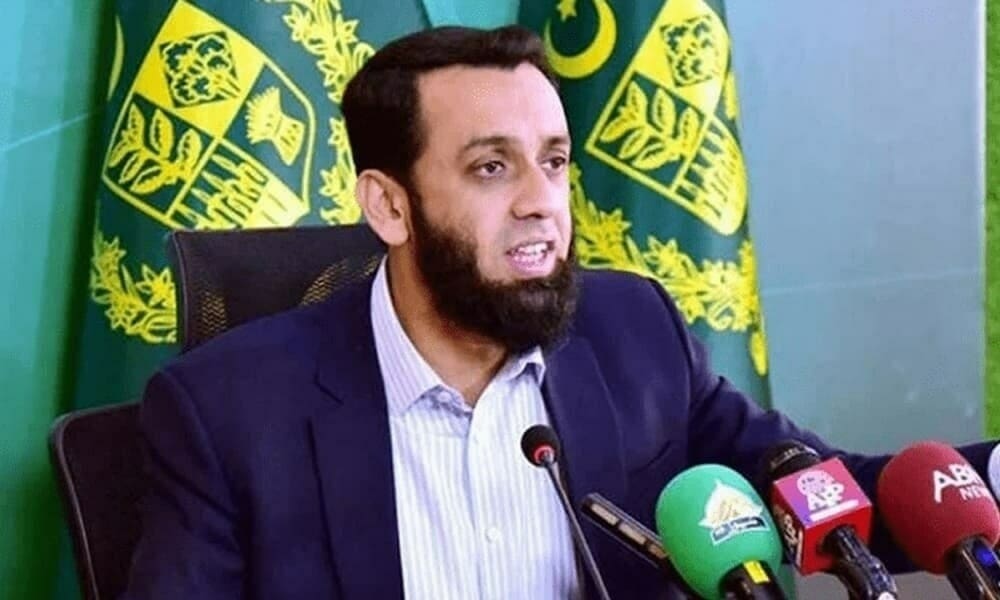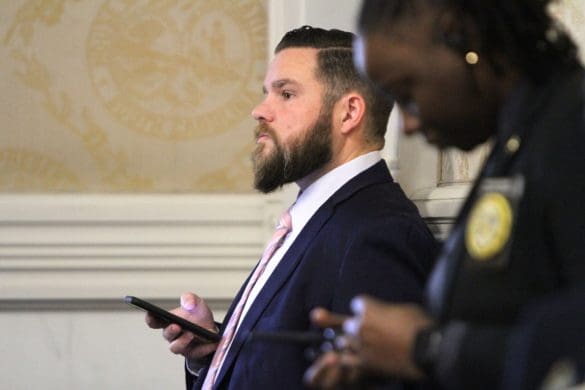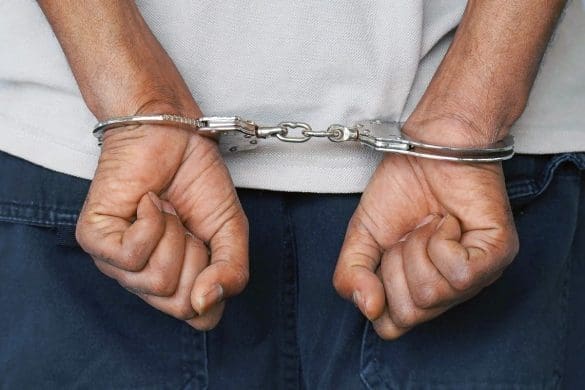ISLAMABAD: Minister for Information, Broadcasting, National Heritage, and Culture, Attaullah Tarar, on Monday accused the leadership of Pakistan Tehreek-i-Insaf (PTI) of evading the 190 million pound corruption case, claiming that the PTI leaders are aware of their involvement in the scam and are deliberately avoiding the trial.
Speaking at a press conference alongside senior Pakistan Muslim League-Nawaz (PML-N) leader Senator Talal Chaudhry, Tarar highlighted that the case was an unprecedented example of corruption in Pakistan, with billions of rupees being waived under a fraudulent trust scheme.
The minister pointed out that the verdict in the 190 million pound case, which was expected to be announced on Monday, was delayed because the accused failed to appear in court. Tarar criticized PTI leaders for their consistent habit of evading court appearances and using delaying tactics in multiple cases, including the foreign funding case and the Toshakhana case.
Tarar emphasized that such tactics, like changing lawyers and repeatedly requesting adjustments, were common among PTI leaders, stating that innocent individuals don’t resort to such maneuvers.
The minister also questioned the approval process for the £190 million deal, alleging that it was passed in a cabinet meeting without full knowledge of the facts. He claimed that Shahzad Akbar had brought a sealed envelope to the meeting, which contained critical information that was never disclosed.
Further, Tarar accused PTI chief Imran Khan of using the funds from this corruption to finance the construction of his house in Lahore. He alleged that billions of rupees were diverted from the person whose debts were written off by the federal cabinet.
Addressing the absence of Bushra Bibi, the spouse of PTI founder Imran Khan, in the court, Tarar remarked that while Imran Khan was imprisoned, his wife was not present to face legal proceedings. He said it was the judge’s discretion to decide whether the verdict could be announced in the absence of the accused.
Tarar concluded by stating that the PTI leadership was deeply divided and that the party was now facing the consequences of sowing mistrust and hatred within the nation. He suggested that the judge could issue warrants for the accused to ensure their presence in the trial.
The case, which involves significant allegations of corruption, continues to raise questions about the accountability of political figures in Pakistan.




